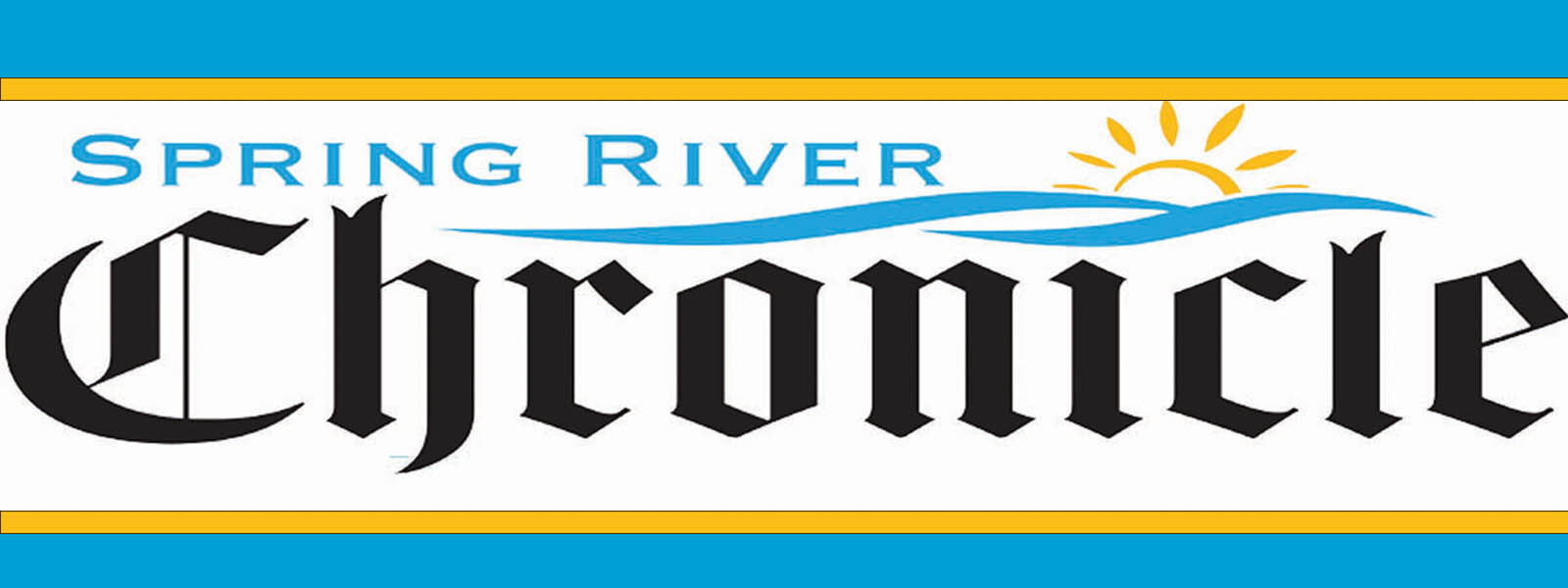By Tammy Curtis, Publisher

There are so many things on which one can’t put a monetary value. But, one area state Congress woman seems to think there is a price tag on promoting government transparency and county government shouldn’t have to pay that price.
Republican Representative Frances Cavenaugh of Walnut Ridge introduced House Bill 1399 last week in the House.
This was the third round to attempt to curtail government transparency to the very people who elected her. She is hoping, through her bill, to end the requirement for government entities to publish public notices, like land sales and ordinances in newspapers. Why? She says it will save taxpayer dollars.
Has Cavenaugh thought of cutting actual government waste? Has she gone after counties with numerous unneeded take home vehicles with exponential costs for fuel and maintenance? Has she introduced a bill to make government agencies more accountable with their oftentimes lavish spending? NO!!!
She has instead gone after one of the most important means the public has to be aware of what their public officials are doing, under the guise of saving taxpayer dollars. To her, the publication price tag is too high to ensure they are being transparent. What is that price Fran? Maybe her loyalties lie with her friend and lobbyist for the County Judges Association instead of the people who elected her.
Our Founding Fathers set in ink, within the foundation of the Constitution in the First Amendment’s Freedom of the Press. Long hailed the Fourth Estate, the PRESS… newspaper, not Internet, television or radio, was created as a means for reporters to ensure government accountability. Newspapers have been verified through various forms of research to be the most respected and researched news gathering source for centuries for a variety of reasons.
One, because more time is spent researching articles for accuracy and utilizing sources. They do not have to break a story first, within a few seconds, like on television or radio. They can’t print anything they wish – like the Internet. Two, because once an article is in ink, it is a permanent printed record, archived in many places and able to be accessed or utilized even centuries later for research. It is a record that can’t be changed, deleted or hacked with the click of a keyboard. Three, because subscription-based newspapers are still sought due to the reliability and trust placed in their researched content.
Living in an area that has a 72-77 percent poverty rate, as many areas of Arkansas are, this legislator has failed miserably at taking into account that this population has very limited access to Internet. Even if they could have service, most cannot afford it. Or the fact that a large percentage of the elderly population who make up many areas, do not even own a computer. If nothing else, Covid taught us that through the huge challenge schools faced educating children remotely in these areas.
Why then does Cavenaugh think it would be a great idea to place public notices, often times that affect this population most, on the Internet?
Does she not recall the recent hacking of the state’s computer software that housed public records, mostly from county clerk’s offices? Does she not understand the importance and reason small and locally owned newspapers exist? Either she doesn’t, or she doesn’t care.
The Spring River Chronicle is one of the smaller weekly papers in the state. Last year, due to the support of the community, it was the only newspaper that grew from a small weekly to a medium weekly. This was due to an increase in subscriptions.
Why would those increase? Because locally owned newspapers bring the hard news that others often neglect, due to the continually fading wall between advertising dollars and hard news content. People don’t have time to attend meetings. Most are busy in their lives and trust and depend on newspapers to bring them the stories that most affect their daily lives and pocketbooks. They may opt to go to Facebook or television for non-vital news stories, but when they want to know what is happening in their own back yard, research proves, its newspapers that provide that content.
While local newspapers run public notices, often in three places, covering all media types, readers depend on those notices to be informed, many as their only source. This bill is a direct punch in the face to not only local newspapers who are funded by advertising dollars and subscriptions gleaned from their credibility, but also small business advertisers. These businesses have a huge impact on local economies, and they choose to spend their limited advertising dollars to promote and grow their businesses with these papers due to their credibility, and obvious sustainability. Newspapers have strong reputations for asking the hard questions and never straying from difficult public matters.
While our mission is to provide information and truth while also ensuring our public officials are accountable to the public, printing and mailing costs have skyrocketed. The passage of this bill into law would not only effectively cut off the hand of local newspapers, but also leave millions of Arkansans who fall at or below the poverty level in the dark in regard to being aware of what their public officials are doing with their tax money.
After all, what is the price tag Cavenaugh has put on government transparency? More importantly, why is she so concerned with getting these public notices out of local newspapers?
Don’t leave a large percentage of the state in the dark. We all know what happens in the dark. You just read this in a newspaper. Call your legislator and ask them to vote “No” to Cavenaugh’s House Bill 1399 and let Cavenaugh know how you feel about it. Her number is 870-886-4000.
